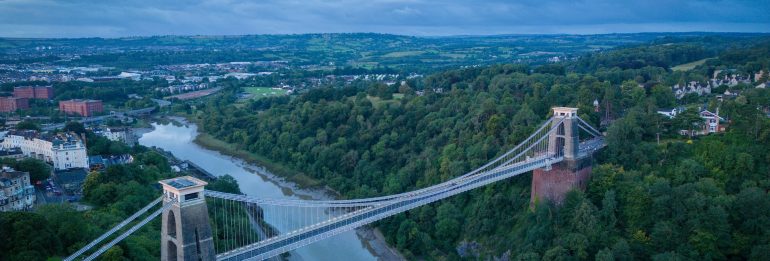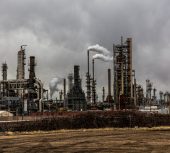In the ever-intensifying global fight against climate change, local governing bodies have been declaring carbon neutrality targets in a bid to lead the way. One such body, the Bristol City Council, is now grappling with the challenge of meeting its ambitious goal by 2025 due to persistent gas consumption.
The Carbon Conundrum
Four years ago, Bristol City Council made headlines by declaring a "climate emergency." A move applauded by many, it was seen as an important stance in the larger narrative of global climate action. However, recent reports suggest that the council might not achieve its stated carbon neutral target for 2025.

Projected figures estimate that the council is on track to emit close to 1,700 tonnes of carbon by 2028, much of which is attributed to the burning of gas in various council-owned buildings. A substantial chunk of these emissions - approximately 2,212 tonnes - is expected to originate from establishments such as the City Hall and local crematoriums in the financial year 2025/26.
Gas: A Sticking Point
Despite the broader intention to reduce carbon emissions, the recent decision to renew the authority's gas supply contract for another four years raises eyebrows. While some reduction in carbon footprints is noticeable, the dependence on gas remains a significant hurdle in the path to carbon neutrality.
The silver lining is a steady reduction in the council's demand for gas. An ambitious roadmap envisages connecting buildings to the growing district heat network, replacing conventional boilers with heat pumps or electric variants, and divesting from certain buildings. This approach could result in a reduction of more than a fifth in overall gas consumption.
A Financial Perspective
The economic implications of such a transition are vast. The energy market, known for its volatility, currently stabilizes at rates nearly double the historical figures. Over the impending four-year gas contract, the council is projected to spend £19 million, down from £23 million. The council's initiative to spend an additional £546,000 premium on "green gas" also deserves mention. This eco-friendlier alternative is perceived to be a more climate-conscious choice compared to conventional natural gas.
A Daunting Path Ahead
Labour Councillor Kye Dudd, a pivotal figure in the council's climate initiatives, acknowledges the journey's complexity. On the mayor's blog, Dudd pointed out that the council had successfully halved its direct greenhouse gas emissions over the past eight years. Yet, he candidly admitted that the road to 2025 would be the "toughest phase."
The creation of initiatives such as the Bristol City Leap indicates the council's proactive steps in meeting its carbon neutral target. However, the tangible challenges in achieving this goal, primarily the continued reliance on gas, underscore the multifaceted nature of the global climate crisis.
In Conclusion
Bristol City Council's ongoing efforts and challenges serve as a microcosm of the larger battle against climate change. Their journey, replete with both achievements and roadblocks, is a testament to the complex interplay of environmental, political, and economic factors in the broader climate narrative.
As the 2025 deadline looms closer, it remains to be seen whether Bristol, with its ambitious goals and tangible challenges, can indeed lead the way in the global pursuit of a more sustainable future.
©GlobalCO2.uk





